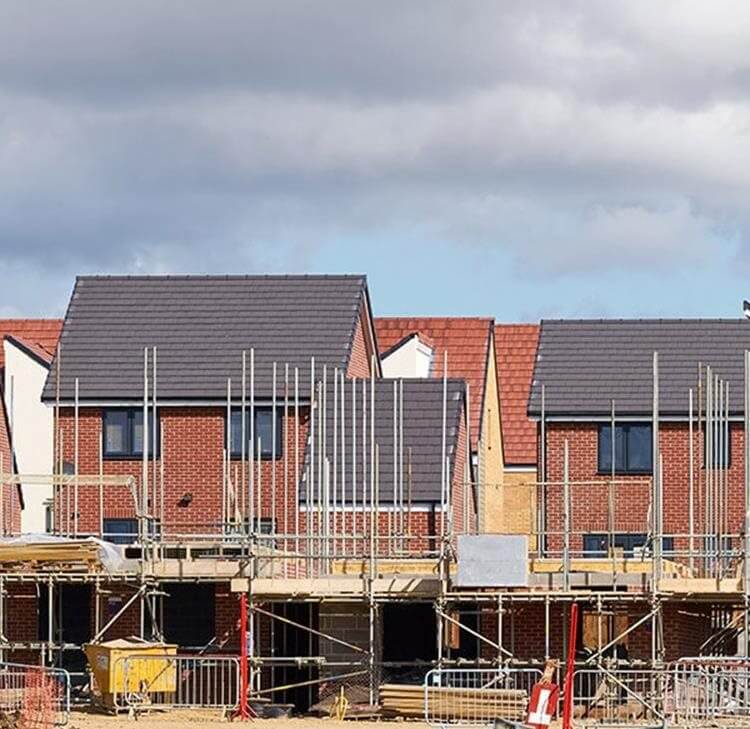Boosting local growth and improving infrastructure are key policy goals within the now familiar Government “Levelling Up” agenda. The Levelling-up and Regeneration Bill, when enacted, aims to ensure faster delivery of such infrastructure projects, through amendments regarding the Nationally Significant Infrastructure Projects (NSIP) Development Consent Orders (DCO) system.
Policy statement
NSIPs are major infrastructure developments which, due to their size and national importance, bypass the normal local planning requirements. Rather than applying to the local authority for planning permission, the developer must apply to the Planning Inspectorate for a DCO. The NSIP planning system was created under the Planning Act 2008, establishing statutory timescales and a streamlined DCO process for major infrastructure projects. The system, which came into force in 2010, has considered 113 transport, energy, and wastewater projects – significantly speeding up the planning process between submitting an application and a DCO being granted. In the National Infrastructure Strategy (2020) (NIS) the Government committed to an NSIP Reform Programme, aiming to speed up timescales by up to 50% for some projects entering the system from September 2023.
The amendments to the Bill, when enacted, will enable:
Fast track consenting
The amended Bill will allow for fast-track consenting – a power which will considerably shorten the statutory timeframe for a DCO examination by the relevant department. Already, in the British Energy Security Strategy, the Government has committed to a range of measures to reduce consent times for Offshore Wind Projects from up to four years down to only one. After consultation later this year on quality criteria, underlying regulations and guidance changes, the specific details of the policy are likely to become clearer.
Faster post-consent changes
The Bill will grant the Secretary of State power to set secondary legislation relating to the decision-making process associated with Non-Material Change applications. This will enable faster post-consent changes. The current complexity of making changes to DCOs has been a longstanding problem for developers. At present, changes to consents which are deemed non-material can take up to 16 months to be determined and sometimes cause significant delays to delivery. This legislation will enable Government to develop and pilot an improved, faster approach, including bringing in statutory timeframes if necessary.
Charging developers for expert input
The Bill will establish powers so that Government agencies which provide technical expert advice on DCO applications will be able to charge developers for their NSIP services, across the statutory and non-statutory parts of the process. Capacity issues in key statutory agencies can create delay. The Government intends to consult on its approach to implementing charging frameworks later this year. This amendment will be published for consideration at Commons Report stage of the Bill.
Innovation and capacity building for local authorities affected by NSIPs
The Levelling-Up White Paper recognises the need for the inclusion of local leaders having the power and accountabilities to design and deliver effective policies for driving infrastructure projects. In the NSIP Policy Statement, local authorities, representing the needs and views of local people, are identified as being at the frontline of delivering local impact reports, working with developers and ensuring plans are integrated with local infrastructure. An attempt to realise this and further empower them has been made via funding through a competitive tender process of 10 projects in local authorities which are expected to be particularly affected by applications for major transport, energy and water schemes over the next year.
Summary
Until the draft amendment is published, and the consultation takes place, the exact nuts and bolts of the changes to the regime will be unclear. At this stage, the proposals appear to be paving the way for a more efficient regime, particularly with regard to fast tracking post-consent changes – where delays have previously hindered delivery. However, at this stage the proposals remain high level. Once fleshed out, developers and stakeholders alike should have a better idea of what sort of applications will qualify for the expediated DCO procedure.










































